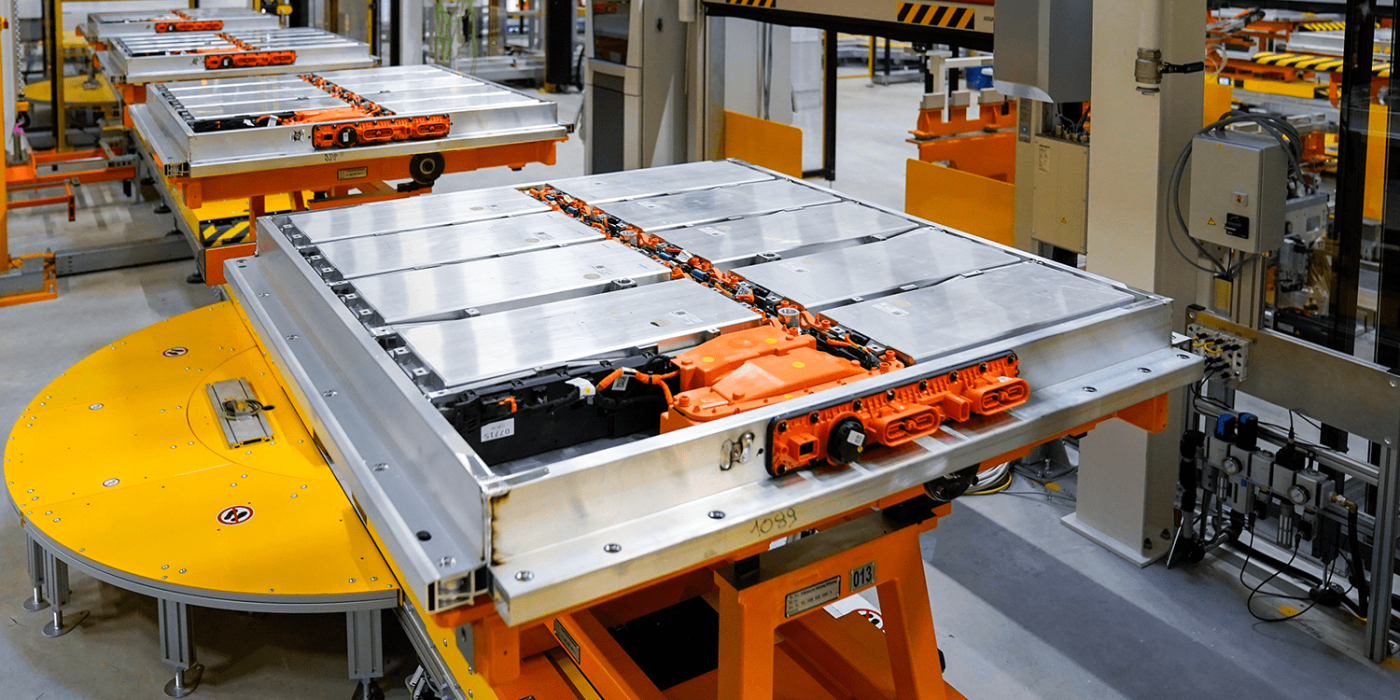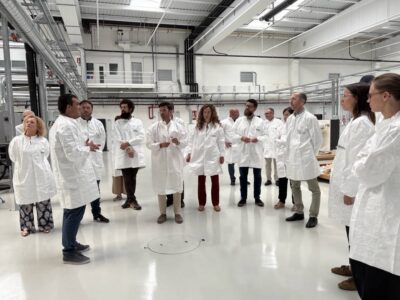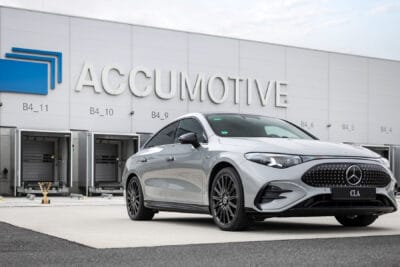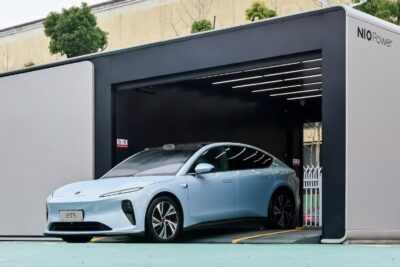Volkswagen begins building battery lab in Chattanooga
Volkswagen of America began construction of its Battery Engineering Lab at its Chattanooga Engineering and Planning Center last night. The 22 million dollar facility will test and validate electric vehicle cells and battery packs for the North American region.
The expansion at Volkwagen’s Chattanooga plant in the state of Tennessee has been in full swing since August. The company is preparing to roll-out the VW ID.4 here in large numbers. The battery lab now under construction had been part of the plans from the start.
As VW now confirmed, the development centre will have a Multi-Axis Shaker Table (MAST) specially designed for electric cars. It helps engineers to simulate the mechanical stress of poor road conditions in the laboratory. “We needed to build a MAST that could withstand the immense force and frequency that we need to test these batteries,” says Jason Swager, Director of Electrical Development at Volkswagen of America. For the MAST, he says, Volkswagen developed custom tools instead of using bought-in components.
Other testing equipment will include pressure and immersion testers, corrosion chambers and five explosion-rated climate chambers. The facility will also feature regenerative load cyclers that can return energy to the building or grid, according to Volkswagen.
On the broader scope, the engineering lab at Chattanooga is also part of Volkswagen’s effort to localise all aspects of vehicle development and production. Current battery testing and validation take place in two labs in Germany, Braunschweig and Wolfsburg, along with Chinese facilities in Shanghai and Changchun. Testing and validating battery components in Chattanooga will allow engineers to more quickly apply lessons learned to local production, says Volkswagen.
“Testing batteries in the U.S. at this world-class lab helps us get vehicles to market faster, at lower cost and better tuned for U.S. customers,” added Dr Wolfgang Demmelbauer-Ebner, EVP and Chief Engineering Officer, Volkswagen of America.
Local politicians also welcomed the localisation effort.
At the same time, Volkswagen will still leave the production of the cells to a partner. The company wants to get cells for MEB production in Tennessee from a new battery plant from the Korean cell supplier SK Innovation in the neighbouring US state of Georgia. So Volkswagen will test and optimise Georgia-manufactured battery cells at the new lab, as the manufacturer now confirmed.
The decision followed earlier issues when SK Innovation was prohibited from importing critical components into the USA in a legal dispute with its Korean competitor LG Chem. The resolution appears preliminary though with the final ruling by the ITC now expected in December. Initial reports had expected a decision in late October. Roh Woo-ho, an analyst at Mertiz Securities interviewed by Reuters, said the delay could indicate the ITC “is facing difficulties making the final determination on the case, considering the impact it will bring to industrial issues in the United States including job issues.” Ford too expects to rely on cells made by SK Innovation in Georgia and is currently building out its American plants for electric vehicles.
Volkswagen did confirm US production of the ID.4 all-electric SUV to begin in 2022. The current information did not disclose a date for completion of the battery lab. Earlier announcements suggested spring 2021 for full operability.
vw.com, reuters.com (LG Chem vs SK Innovation)





0 Comments